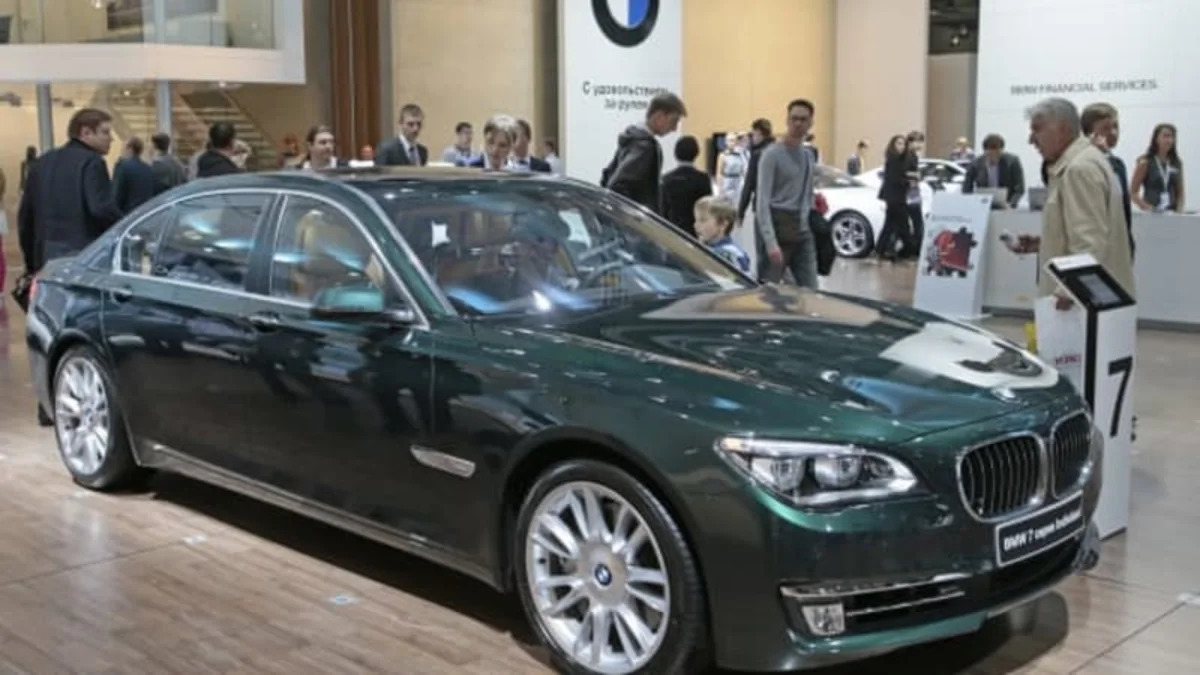If Germany sneezes, does the European Union catch a cold? Kind of, at least when we're talking about the EU's recent step to making its greenhouse-gas emissions standards set for the end of the decade a little less stringent after months of German automakers crying uncle, Reuters says.
The EU had said it wants to lower fleetwide emissions from 130 grams of CO2 per km in 2015 to 95 g/km by 2020. The EU may slightly loosen things by not requiring automakers to count 100 percent of their vehicles towards the average until 2021 instead of 2020. Moreover, automakers will have more flexibility on how and when they can use the so-called supercredits they get for making electric vehicles and other very-low emissions cars. The proposal was made last week, though it would need to be signed off by European member governments.
Germany remains strident about the issue of carbon-emission credit sales, which automakers can get for investing in green technology. While German automakers are OK with the European Union's proposal to delay such sales, Germany has indicated that it would oppose any plan to cancel those sales permanently, according to a separate Reuters report.
Mercedes-Benz and BMW are among German automakers that have been arguing that they're at a distinct disadvantage for meeting the stricter emissions mandates because of their higher percentage of heavier and sportier cars. This fall, the German government proposed having only 80 percent of their vehicles counted towards the fleetwide average in 2020 and 90 percent in 2022, essentially meaning that they could exclude their super gas guzzlers.
The EU had said it wants to lower fleetwide emissions from 130 grams of CO2 per km in 2015 to 95 g/km by 2020. The EU may slightly loosen things by not requiring automakers to count 100 percent of their vehicles towards the average until 2021 instead of 2020. Moreover, automakers will have more flexibility on how and when they can use the so-called supercredits they get for making electric vehicles and other very-low emissions cars. The proposal was made last week, though it would need to be signed off by European member governments.
Germany remains strident about the issue of carbon-emission credit sales, which automakers can get for investing in green technology. While German automakers are OK with the European Union's proposal to delay such sales, Germany has indicated that it would oppose any plan to cancel those sales permanently, according to a separate Reuters report.
Mercedes-Benz and BMW are among German automakers that have been arguing that they're at a distinct disadvantage for meeting the stricter emissions mandates because of their higher percentage of heavier and sportier cars. This fall, the German government proposed having only 80 percent of their vehicles counted towards the fleetwide average in 2020 and 90 percent in 2022, essentially meaning that they could exclude their super gas guzzlers.


Sign in to post
Please sign in to leave a comment.
Continue